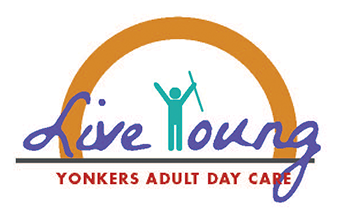Many of us grew up believing that memory loss and cognitive decline is a normal part of the aging process. Therefore, if we notice a decline in our own impairment or in a loved one’s functioning, we are often willing to dismiss it as just part of aging. However, significant cognitive decline is not actually a normal part of the aging process.

How can you tell if cognitive decline is more serious and may indicate the onset of dementia.
Signs of cognitive decline
Officially, dementia requires that a person experience a significant decline in two of the five areas of core mental functioning:
1) visual perception;
2) reasoning and judgment;
3) the ability to focus and pay attention;
4) memory; and
5) communication and language.
Slight declines in any of these areas may be signs of normal aging, but the normal aging process does not involve a significant decline in any of these core areas. That does not mean that significant cognitive impairment always signals dementia; these areas can be impacted by other health conditions, as well. While cognitive decline can be caused by other things and might actually be reversible, dementia, which is a generally permanent and degenerative form of cognitive decline is not a normal part of the aging process. Anyone who has noticed a decline in cognitive functioning that is interfering with daily living should see a doctor to try to determine the root cause of the impairment and explore available treatments.
24/7 Service
If it is determined that you or a loved one is experiencing dementia, then you may be wondering about daytime care options. Many of us can provide in-home care for our loved ones during the evening hours, but need to be away during working hours. Others may be home all the time, but need a respite type caregiving setting to give the primary caregiver a break. South Amboy Adult Day Health Care Center’s Dementia Care can provide the backup you need to care for a loved one experiencing a decline in cognitive functioning.





